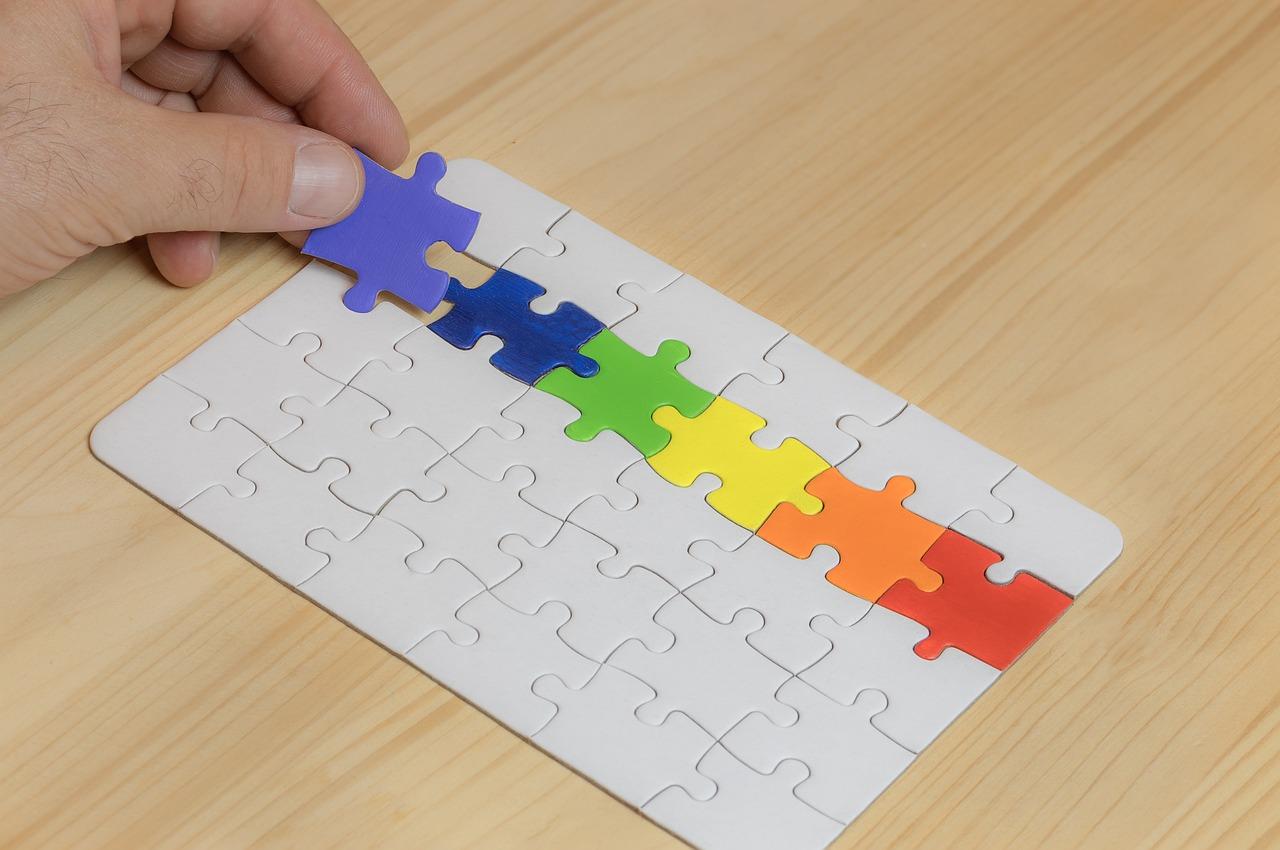Words of Wisdom: Exploring Boys Name Meanings Explained in Urdu

A name is a message — a gift of meaning that travels through generations. In Urdu culture, every name carries a story, a prayer, and a reflection of values. When parents search for Boys Name Meanings Explained in Urdu, they’re not simply looking for words; they’re searching for wisdom, heritage, and blessings to shape their child’s future. Urdu, known for its elegance and depth, gives each name a poetic beauty and spiritual essence that few other languages can match.
This blog explores how Urdu names for boys reflect wisdom, strength, and faith — connecting children to centuries of cultural and spiritual legacy.
The Depth of Meaning Behind Urdu Boys’ Names
Urdu is a language born from harmony — blending Arabic, Persian, and Turkish roots. Its names often carry profound meanings that reflect character, virtue, and divine connection.
For example:
-
Hammad (حمد) – meaning praise of Allah
-
Danish (دانش) – meaning knowledge or wisdom
-
Sarmad (سرمد) – meaning eternal or everlasting
-
Irfan (عرفان) – meaning awareness or divine knowledge
These examples show that Boys Name Meanings Explained in Urdu often revolve around faith, intelligence, and purity — qualities deeply valued in Islamic and Urdu-speaking cultures. A name becomes more than identity; it becomes a guiding principle for life.
Wisdom in Words: Why Urdu Names Carry Power
Urdu names are chosen with intention. They are not random or trendy but chosen after reflection, prayer, and understanding. Each word has layers of history and spirituality.
For instance, Salman (سلمان) means safe or secure, symbolizing peace and protection. Adeel (عادل) means just and fair, representing honesty and integrity. These meanings are not coincidental — they express the virtues that parents hope their sons will embody.
When exploring Boys Name Meanings Explained in Urdu, it becomes clear that Urdu names are small lessons in faith and philosophy — they encourage humility, strength, and balance between worldly success and spiritual peace.
The Cultural Significance of Urdu in Naming
Urdu, often called the “language of the heart,” gives names an emotional rhythm and lyrical quality. The language is renowned for its poetry and expression, and these qualities extend beautifully into its naming traditions.
A name like Rayyan (ریان) — meaning gatekeeper of heaven — not only sounds graceful but carries spiritual hope. Similarly, Taimoor (تیمور) — meaning iron or strong-minded — represents courage and determination.
By studying Boys Name Meanings Explained in Urdu, we realize that every name embodies more than personal identity — it’s an echo of faith, art, and ancestral pride. It’s how generations preserve their beliefs and beauty of language.
The Wisdom of Choosing Meaningful Names
In Islam and Urdu-speaking societies, names have moral weight. The Prophet Muhammad (PBUH) emphasized selecting names with good meanings, as they can influence a person’s nature. This belief remains strong today — names are viewed as prayers that parents whisper into their child’s destiny.
Names such as Ahsan (احسن) meaning the best or most beautiful, and Zubair (زبیر) meaning strong and wise, carry blessings. They remind children that their names are aspirations — a call to live up to their meaning.
When parents study Boys Name Meanings Explained in Urdu, they connect deeply with this spiritual practice. They ensure the name they choose uplifts their child and inspires virtue.
Modern Urdu Names with Ancient Wisdom
As times change, so do naming trends. Yet even modern Urdu names retain their wisdom and depth. Parents today often prefer names that are short, easy to pronounce internationally, and still hold beautiful meanings.
Examples include:
-
Arhaan (ارحان) – meaning leader or ruler
-
Rafay (رفیع) – meaning exalted or elevated
-
Zaroon (زارون) – meaning visitor or intelligent
-
Ehan (ایہان) – meaning full moon or light
These names strike a balance between simplicity and substance. Exploring Boys Name Meanings Explained in Urdu helps families find names that resonate with modern identity while honoring timeless values.
The Role of Faith and Family in Urdu Naming Traditions
Urdu naming traditions are steeped in faith. Many families consult scholars, elders, or religious texts before finalizing a name. The process often includes aqeeqah — a naming ceremony that celebrates the newborn and his blessings.
Names like Usman (عثمان), Ali (علی), and Ibrahim (ابراہیم) continue to be cherished because they belong to figures who symbolize faith, leadership, and devotion. Through such names, families pass down not only language but also spiritual identity.
That is why Boys Name Meanings Explained in Urdu remains such an important topic — it’s about maintaining a link between the present generation and the roots of belief.
Why Understanding Urdu Name Meanings Matters
A name chosen without understanding is like a story left unread. But when parents explore Boys Name Meanings Explained in Urdu, they give their child a legacy rooted in purpose.
Every name becomes a reflection of intention — whether it’s courage, knowledge, or mercy. This awareness transforms a simple word into a lifelong reminder of faith and family.
Conclusion
Names are not just for calling; they are for remembering — remembering who we are, where we come from, and what we stand for. Urdu names capture that beautifully. They weave together faith, culture, and wisdom into a single, elegant word.
Through Boys Name Meanings Explained in Urdu, we see how each name holds a story — one that inspires strength, love, and integrity. Choosing such a name means gifting your son not only an identity but also a guiding light that shines through every stage of life.
- Art
- Causes
- Crafts
- Dance
- Drinks
- Film
- Fitness
- Food
- الألعاب
- Gardening
- Health
- الرئيسية
- Literature
- Music
- Networking
- أخرى
- Party
- Religion
- Shopping
- Sports
- Theater
- Wellness


